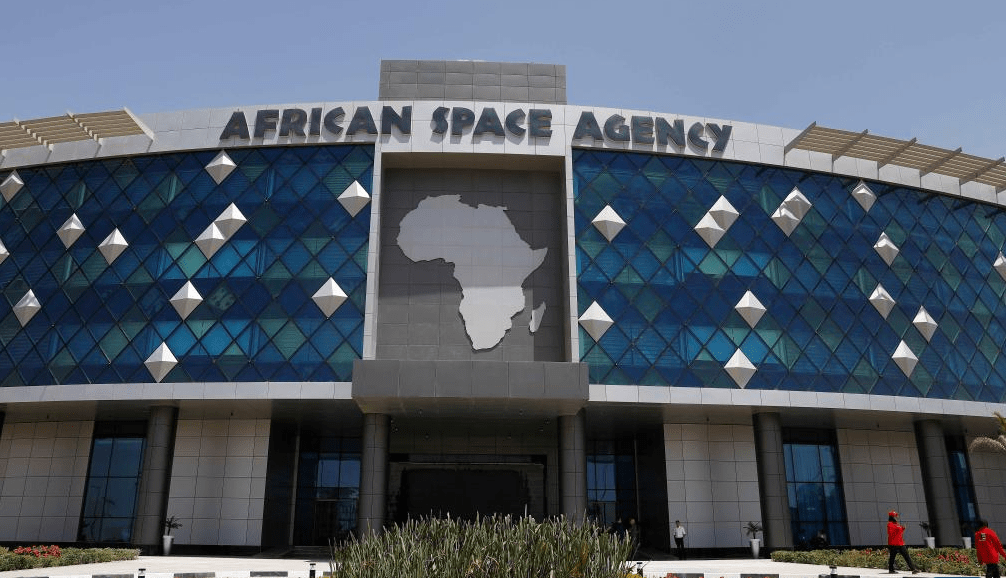Africa is looking to the skies, and Egypt is taking the lead. In April 2025, Egypt officially became the permanent home of the African Space Agency (AfSA), marking a turning point for space exploration across the continent.
But Egypt’s role isn’t just symbolic—it’s building the infrastructure, training the talent, and launching the satellites that are shaping Africa’s future in space. Here are the key ways Egypt is leading the charge in space advancement!
1. Egypt Is The New Home of the African Space Agency
The road to hosting the African Space Agency was a competitive one. Egypt faced off against other ambitious African nations, including Nigeria, Ethiopia, and Ghana, all vying for the chance to become the hub for space activities in Africa.
Egypt’s proposal stood out due to its advanced space infrastructure, political backing, and proven track record in space exploration.
Winning the bid was also strategically aligned with Egypt’s presidency of the African Union in 2019, giving it an opportunity to showcase its leadership and solidify its commitment to supporting Africa’s technological and scientific goals.
2. Egypt Is Training the Next Generation of African Space Scientists
Beyond hosting the AfSA, Egypt has been instrumental in training Africa’s next generation of space experts. The African Space Training Program, launched in collaboration with the AfSA, recently graduated 71 engineers and scientists from 34 African countries.
These graduates now have the skills to lead Africa’s space initiatives and contribute to the continent’s technological growth. This underscores Egypt’s role as an educator and knowledge hub in building long-term human capital for Africa’s space future.
3. Egypt Built a 123-Acre Hub for Space Research and Innovation
At the heart of Egypt’s space ambitions is its sprawling 123-acre Space City. This cutting-edge complex houses several critical facilities, including a Satellite Assembly and Testing Center, advanced research labs, and plans for a Space Academy.
EgyptSat-2, a major product of this infrastructure, was launched in December 2023 and serves as a key resource for Earth observation. The Space City is a vibrant, working scientific hub that supports both Egypt’s national space efforts and Africa’s broader goals.
It’s a place where innovation and collaboration come together, creating the next generation of space technology.
4. Egypt Is Powering Africa’s Use of Satellites for Climate and Development
While private companies like SpaceX and Blue Origin are making strides in space exploration, Africa’s approach to space uniquely focuses on development. Space technology is being harnessed to tackle the continent’s most pressing challenges—climate change, resource management, and improving healthcare and education.
By leveraging satellites to monitor environmental shifts, manage agriculture, and respond to natural disasters, African nations, led by Egypt, are using space as a tool for sustainable growth.
This approach contrasts with the more commercial-driven goals of private space companies, positioning Africa’s space initiatives as a force for both scientific and social progress.
Egypt’s Steady Orbit Toward the Future
Egypt’s leadership in space exploration is creating lasting, positive change for Africa. With its role in hosting the African Space Agency and its commitment to advancing space technology, Egypt is not just looking to the stars—it’s building the foundation for Africa’s future in space.
This moment reflects Egypt’s ambition to support the entire continent, ensuring that Africa’s space journey is both a collaborative and sustainable one!
WE ALSO SAID: Don’t Miss…Egypt’s Space Agency Unveils Climate-Focused Satellite Plans



